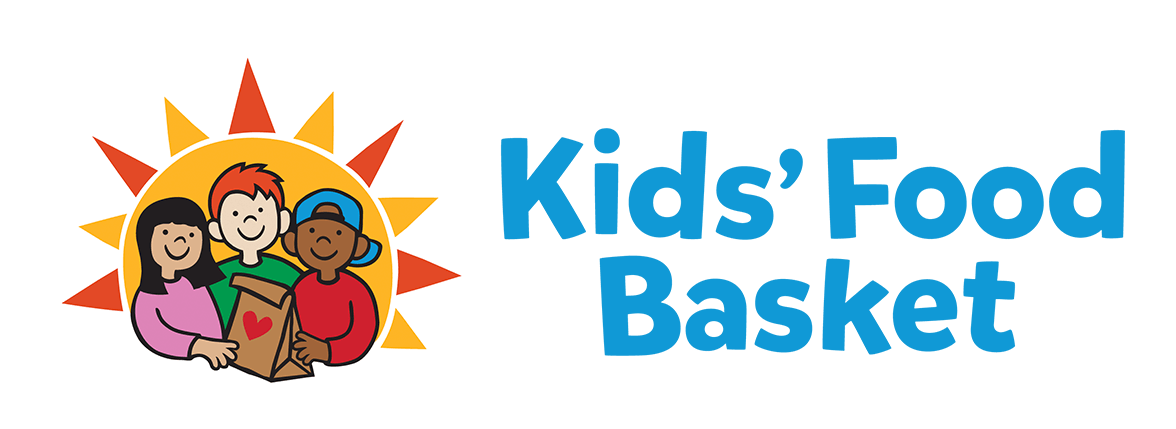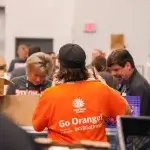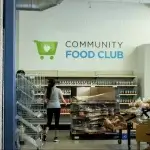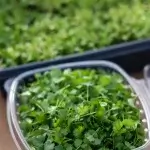Have you heard the buzz around town??? Thats right, Kids’ Food Basket will be incorporating a bee colony to our farming process! This is just one of many additions to our urban growing and experimental learning program. Through this program, we will be able to increase access to healthy foods in low-income neighborhoods.
Did You Know?
Bees are responsible for pollinating the plants and flowers that grow the fruits and vegetables we eat. Pollination is a process that transfers pollen grains from one flower to another. This great addition will help Kids’ Food Basket produce delicious and healthy crops for Sack Suppers!
What is a Bee Colony?
Bee colonies consist of three types of bees. One queen bee, hundreds of male drones, and 20,000 to 80,000 female worker bees. Our urban farm consists of 14 acres, this means there will be MILLIONS of bees buzzing around! The process of forming a new colony begins from an overpopulated hive.
What Kind of Bees Will Be on Kids’ Food Basket’s Farm?
Honey bees will be occupying Kids’ Food Basket’s bee colony. Honey Bees are responsible for pollinating approximately 80% of the crops in the U.S.
Three Benefits of Beekeeping to the Environment and Farm Crops
- Beekeeping helps ensure the honeybees population continues to grow. Many environmental factors threaten the health of bees.
- Beekeeping influences cross-pollination (cross-pollination influences diversity in plant genetic information).
- Beekeeping helps increase the yield of crops which means more fruits and vegetables Sack Suppers!
Is It Safe For Kids/Volunteers?
Beekeeping is not recommended for those allergic to bees. Beekeeping is encouraged amongst volunteers and children, there is no age limit on this rewarding activity. The beekeeping program will give youth more knowledge about where their food comes from and how insects like bees are an important part of the process of producing delicious fruits and vegetable!



